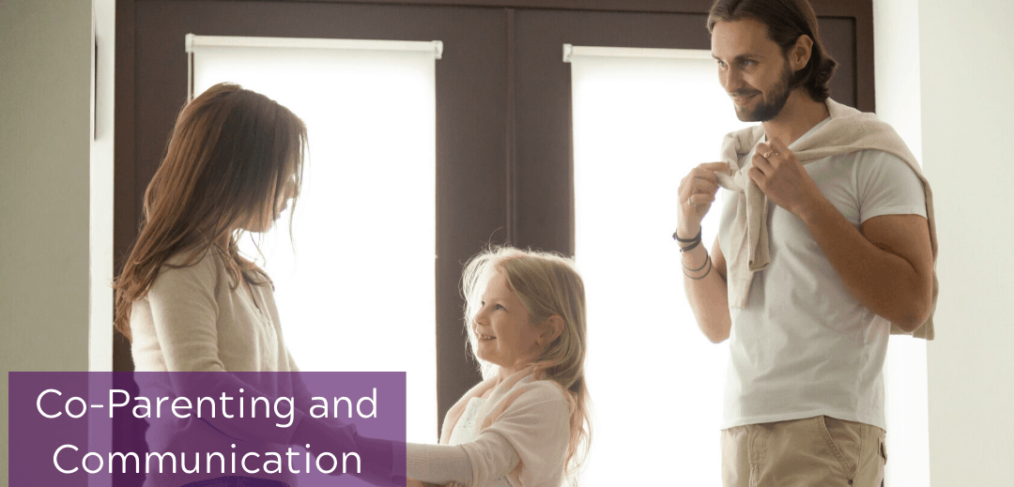
Co-Parenting and Communication
Most changes to a family structure require adjustment time for everyone involved. With the right guidance and realistic expectations, most co-parented families are able to work out their growing pains and live separately with success. To create a healthy co-parenting atmosphere, you need open communication, positive attitudes, mutual respect, and plenty of love and patience.
Children will always have two biological parents, and will adjust better if they can access both. This means the children need to be able to see their nonresidential parent and to think highly of him or her. At times, visitation is painful for the nonresidential parent, but it is important to the child’s adjustment and emotional health, except in those rare instances of parental abuse or neglect.
Co-Parenting and Communication
Make sure to:
• Be yourself.
• Listen respectfully to one another.
• Address conflict positively.
• Establish an open and nonjudgmental atmosphere.
• Do things and go places together.
• Show affection to one another comfortably.
• Have respect for everyone’s personal space.
• Be flexible.
• Shed anger and bitterness.
• Be honest.
• Be patient.
• Keep your sense of humor.
• Learn to compromise.
Strategies to consider:
• Active listening helps the children by raising their sense of self-worth and self-respect. Whether or not your child expresses it to you, your thoughts and your opinions of them matter. The fact you are listening to their concerns will help them feel better about you and your relationship.
• Active listening is a communication technique that requires the listener to understand, interpret, and evaluate what they hear. Once you hear the child’s concerns, you will be able to feel a bit of what he is feeling.
• Active listening gives the children the opportunity to correct you. In other words, you paraphrase what the child said to you, and he tells you you’re crazy (because you got it wrong). It’s ok! You can fix misunderstandings.
Giving Active Listening a Chance:
You can actively listen anytime and anywhere. You can say, “I want to hear what you think about and I am not going to say anything until you are done. When you finish, I’ll tell you what you said and what I heard.” If you think this might confuse the child, try a casual approach. Simply listen silently and then paraphrase without calling attention to what you are doing: “So you are saying, you feel __. Did I get it right?” It may feel weird at first, but will get easier over time.
Things can and possibly will go wrong in active listening when you make these mistakes:
• When you hear only what you want to hear.
• When you allow your beliefs and attitudes to interfere with your listening.
• You pay attention only to how the information is being communicated (body language), not what is being spoken.
• When you are too literal. Kids have their own dialects or ways of speaking, and if you listen to the words too closely, you may get lost.
• When you listen only for the facts. How the child feels about what he is telling you may be as important. When you paraphrase back what has been said, make sure to include how you think the child is feeling. Let them correct you if you are wrong.
Although many relationships end with hostility, it is imperative that you and your ex-spouse keep the lines of communication open for the children.
Written by: Michele Sfakianos, Registered Nurse, Award-winning Author, Leading Authority on Parenting and Speaker.
Rachel Frawley
Latest posts by Rachel Frawley (see all)
- Finding Clarity Before the Holidays - November 3, 2025
- November 2025 – What’s Happening - October 22, 2025
- Signs You’re Ready For Divorce - October 20, 2025



